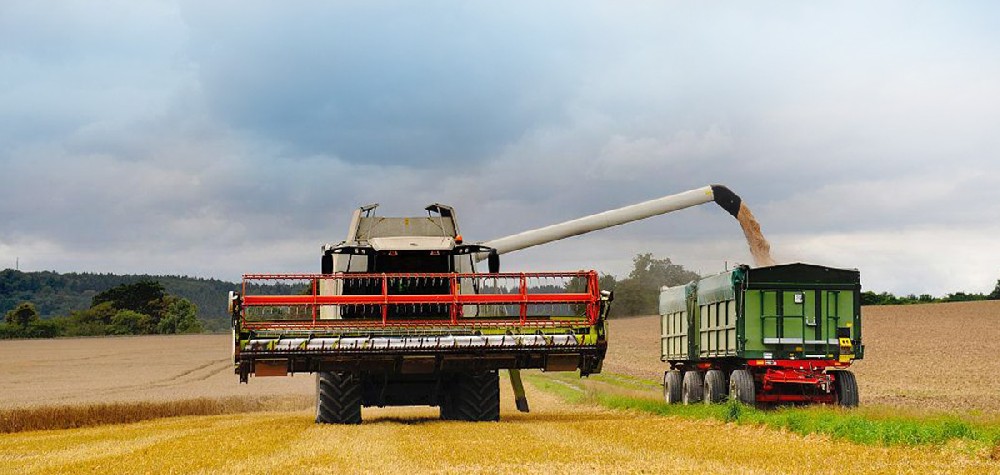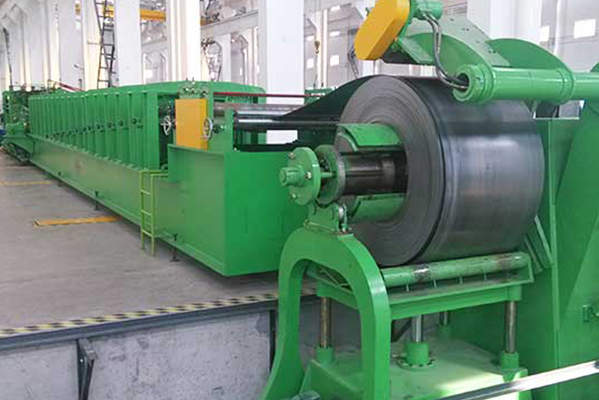Navigation Menu
Contact Us
- Email:
- info@wxavatar.com
- Address:
- Yurong Village, Yuqi Street, Huishan District, Wuxi, China.
Release Date:May 29, 2025 Visit:79 Source:Roll Forming Machine Factory
Investing in an L plate roll forming machine requires careful consideration of several factors to ensure you make a suitable choice for your manufacturing needs. These machines are designed to produce L-shaped metal profiles efficiently, but selecting the right one depends on various aspects of your operation. Here are key points to evaluate before making your purchase.

Production Requirements
Assess your current and projected production volumes to determine the appropriate machine capacity. Consider the thickness and width of materials you'll be processing, as these specifications directly affect machine selection. The required output speed should align with your production targets without compromising quality.
Material Specifications
Different machines handle various material types and grades differently. Verify that the machine you're considering can process the specific metals you use, whether mild steel, stainless steel, or aluminum. The thickness range capability should accommodate both your current needs and potential future requirements.
Machine Features and Functionality
Examine the roll forming process stages the machine offers. More stages typically allow for more complex profiles and better quality output. Look at the control system options, from basic manual controls to advanced CNC systems, depending on your operators' skill levels and precision needs. Consider whether additional functions like punching or cutting are integrated or would need to be added separately.
Space and Installation
Measure your available workspace to ensure the machine will fit comfortably, allowing for safe operation and maintenance access. Check power requirements to confirm compatibility with your facility's electrical infrastructure. Consider the machine's weight and whether your floor can support it or if reinforcements are needed.
Maintenance and Support
Investigate the manufacturer's reputation for reliability and the availability of spare parts. Understand the recommended maintenance schedule and whether your team can perform routine servicing or if specialized technicians are required. Look into the warranty terms and what components or situations are covered.
Cost Considerations
While the initial purchase price is important, also factor in long-term operational costs. Consider energy consumption rates, maintenance expenses, and potential downtime costs. Evaluate the expected lifespan of the machine and how it compares to alternatives in terms of total cost of ownership.

Supplier Evaluation
Research the manufacturer's experience in producing L plate roll forming machines specifically. Request references from current customers with similar applications to yours. Assess their after-sales support, including technical assistance availability and response times for service requests.
By thoroughly examining these factors, you can make an informed decision that balances performance, quality, and cost-effectiveness for your specific application. Taking the time to properly evaluate your options helps ensure your investment meets both current and future production needs.